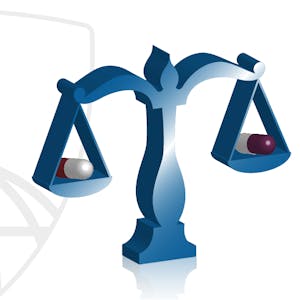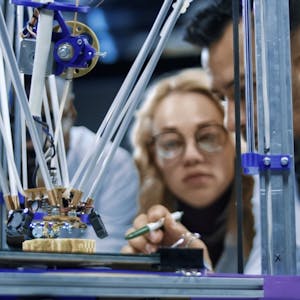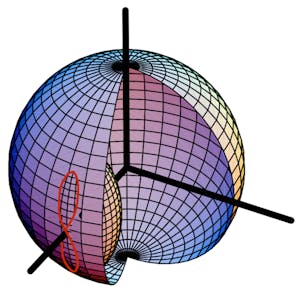Design and Interpretation of Clinical Trials
About this Course
Clinical trials are experiments designed to evaluate new interventions to prevent or treat disease in humans. The interventions evaluated can be drugs, devices (e.g., hearing aid), surgeries, behavioral interventions (e.g., smoking cessation program), community health programs (e.g. cancer screening programs) or health delivery systems (e.g., special care units for hospital admissions). We consider clinical trials experiments because the investigators rather than the patients or their doctors select the treatment the patients receive. Results from randomized clinical trials are usually considered the highest level of evidence for determining whether a treatment is effective because trials incorporates features to ensure that evaluation of the benefits and risks of treatments are objective and unbiased. The FDA requires that drugs or biologics (e.g., vaccines) are shown to be effective in clinical trials before they can be sold in the US. The course will explain the basic principles for design of randomized clinical trials and how they should be reported. In the first part of the course, students will be introduced to terminology used in clinical trials and the several common designs used for clinical trials, such as parallel and cross-over designs. We will also explain some of the mechanics of clinical trials, like randomization and blinding of treatment. In the second half of the course, we will explain how clinical trials are analyzed and interpreted. Finally, we will review the essential ethical consideration involved in conducting experiments on people.Created by: Johns Hopkins University

Related Online Courses
Welcome to the Macroeconomics course! This course is designed to provide you with a deep understanding of what an economy is, how it operates, and the factors that sustain and influence economic... more
In the Rapid Prototyping and Tooling specialization, students learn how to make effective prototypes. Why is rapid prototyping important, and how does it facilitate the overall engineering design... more
The ability to influence without force or coercion is important in any organization and at all levels. Modern managers must master the art of persuasive communication, adapt to the needs of the... more
The goal of this capstone spacecraft dynamics project is to employ the skills developed in the rigid body Kinematics, Kinetics and Control courses. An exciting two-spacecraft mission to Mars is... more
This specialization offers a comprehensive introduction to essential IT concepts.\\n\\nParticipants will delve into the Linux operating system, exploring its architecture, commands, and file... more








